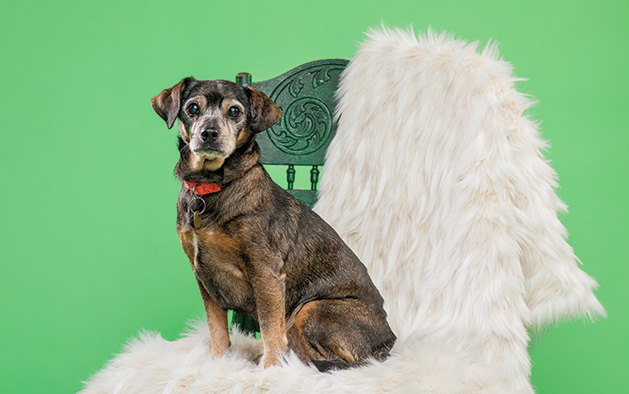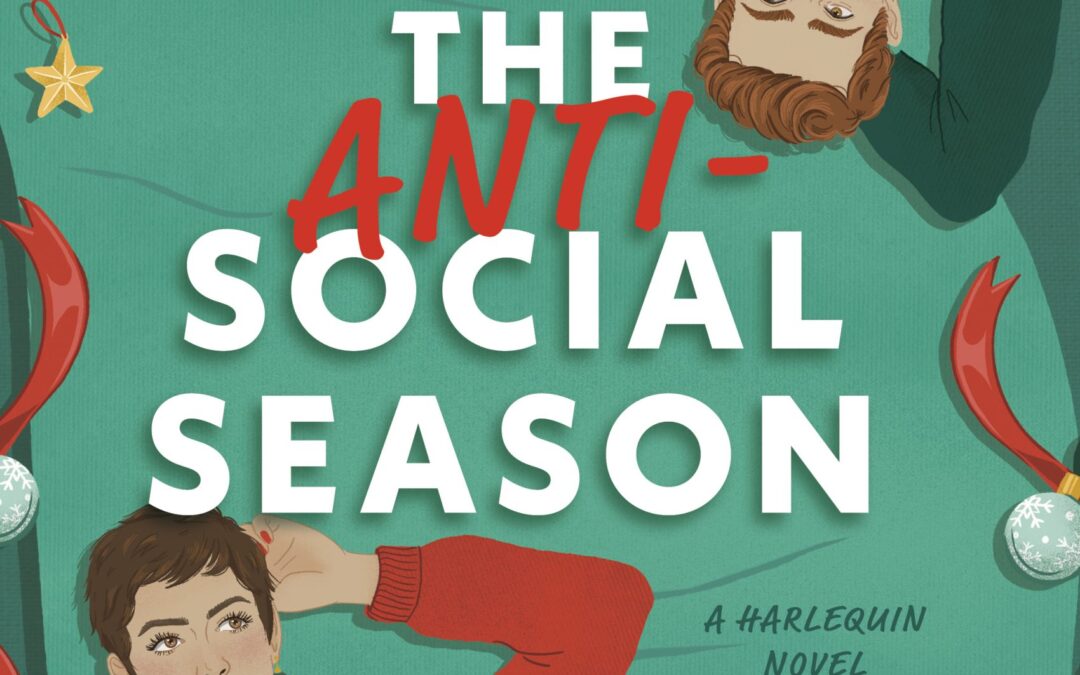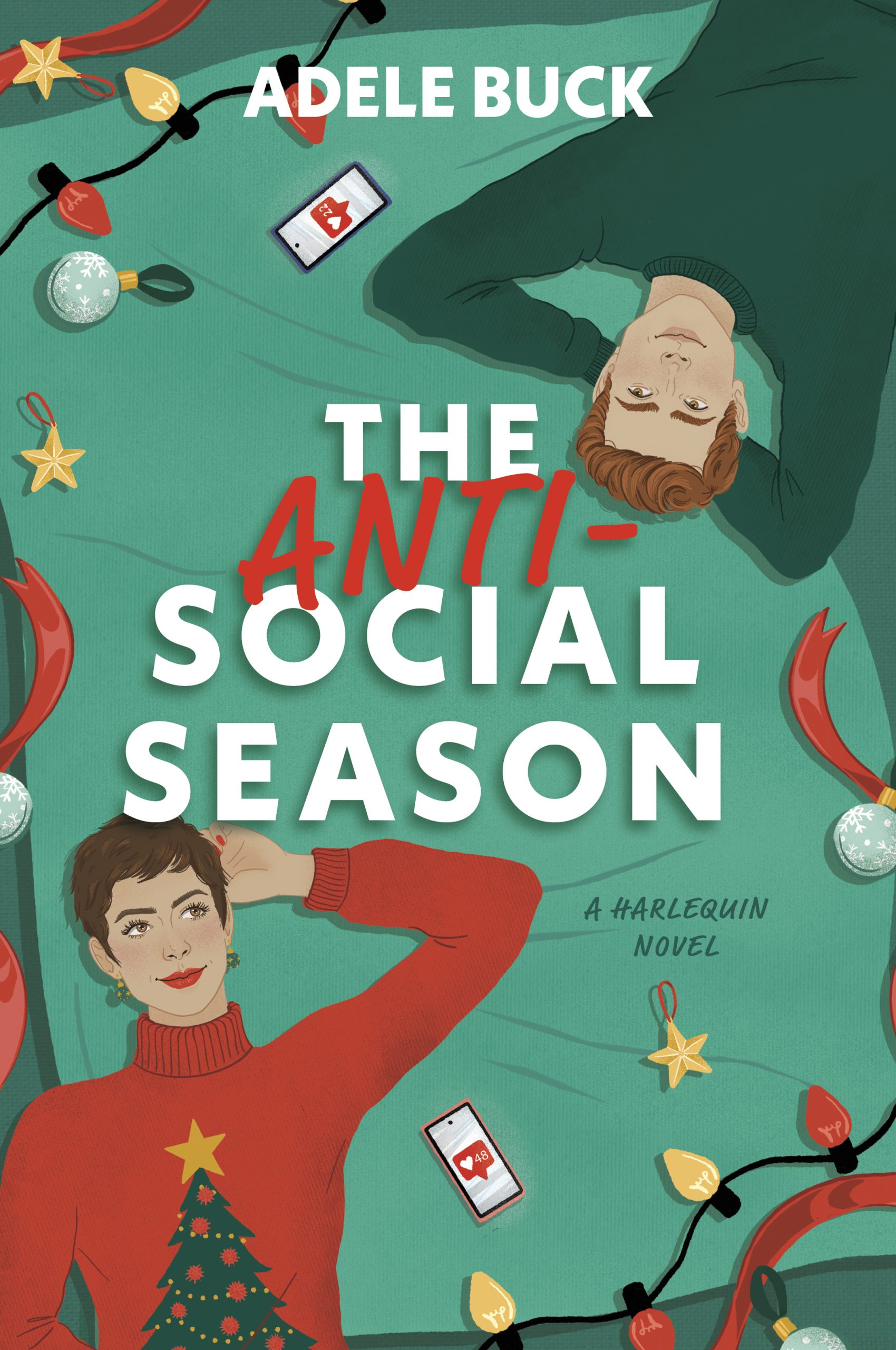
Photo: Chris Emeott
Can CBD help our four-legged friends?
With CBD oil popping up everywhere and supposedly curing a bit of what ails us, can it also be used for pets? Hemp and CBD oil have been described by some as the wild, wild west of new products. The Minnesota Board of Veterinary Medicine recommends veterinarians do not prescribe it, or they will lose their licenses.
However, other veterinarians from across the country are convinced that CBD oil can help pets. We spoke to Joli Jarboe, DVM, DACVIM, a veterinarian neurologist, who specializes in neurosurgery. Jarboe is based in Virginia and has been using CBD in her practice for 17 years and has been a Zilis (a hemp-derived CBD company) medical advisory board member for about three years. She travels the world educating veterinarians about CBD oil and pets.
Maple Grove Magazine: How safe is CBD for animals?
Joli Jarboe: CBD is safe. It has a safety spectrum similar to B vitamin. If an animal consumes excessive amounts of it, you may see hyperexcitement, hypersedation or possibly gastric upset. To my knowledge, there have been no deaths directly related to excessive ingestion of CBD. There have been reports of gastric upset in animals taking CBD products. I am always more concerned [that] gastrointestinal issues are due more to contaminants, carrier substances or extraction solvent residues than the actual CBD component of an oil. CBD is derived from a plant. Like anything we inhale, ingest or touch, there remains a risk of an allergic reaction.
MG: What are the most common uses of CBD for pets?
JJ: The antianxiety effects—they are mood stabilizers. If we can help them feel better, more calm, more at ease between their ears, we’ve done well for the day. I’ve used it for destructive behavior, inappropriate urination, self harm, excessive barking during the day …
MG: How have you seen CBD oil benefit a patient?
JJ: For example, I’ve seen it help with interactive household aggression between cats. If one sets another off in the household, you may have constant fighting. You have cats that are peeing outside the litter box in protest over what’s going on. If you take a cat that has stress [and] anxiety and you put them on a drug like Prozac, it takes four to six weeks for the drug to take effect, and [the animal] has to have its liver monitored and come in for blood draws. You’re adding to the animal’s anxiety. If I can use CBD, and they don’t need the follow up bloodwork, and they’re happier between the ears, that’s a win.
MG: Do some animals tolerate CBD better than others?
JJ: Anything with a spinal cord has an endocannabinoid system. We are set up to receive it. I don’t think it’s a matter of just one species receiving it better. It mainly goes back to the dosing … Whatever the dose is on a label, go low first. Usually, in about 15 or 30 minutes, you can see the effect. If the dose is too much for your own animal, you’re going to see hyperagitation or hypersedation.
What is CBD oil?
“CBD stands for cannabidiol, one of over 110 cannabinoids found in the cannabis plant,” Jarboe says. “Industrial hemp and marijuana are different cultivars or varieties of the cannabis plant. Both have varying levels of CBD and tetrahydrocannabinol or THC, which is the psychoactive compound that gives a person the feeling of being high. Industrial hemp and marijuana are genetically different forms of the cannabis plant and are primarily differentiated by their chemical makeup and use. CBD products derived from hemp are legal to possess under a new federal law as long as they contain 0.3 percent or less of THC. In marijuana, which is not legal in many states, the amount of THC is greater.”
Before providing your pet with any substance, consider discussing it with your animal’s veterinarian. This article is meant to be a starting point of discussion.
Is CBD oil legal?
Federal legislation passed last year removing some hemp-derived CBD from the federal government’s list of controlled substances. The Food and Drug Administration (FDA) says it is still illegal to market CBD as a dietary supplement or an ingredient in food and beverages. But with so many companies marketing and selling CBD oil, it seems possible the FDA hasn’t been able to adequately enforce the ban. Companies selling CBD should be careful not to make any unproven claims. Rules about promoting and advertising CBD and marijuana vary and depend on what the products contain as well as how they are used. This can make it confusing and difficult to enforce the law.
According to information in the health omnibus bill, which was signed by the governor in May 2019 and effective January 1, 2020, CBD oil is legal in Minnesota if manufacturers follow these rules:
- Testing: Companies have to submit samples to an independent and accredited laboratory that has to confirm the product contains the amount or percentage of cannabinoids stated on the label. It must not have more than trace amounts of pesticides, fertilizer or heavy metals. It also can’t have more THC than is allowed in industrial hemp. Manufacturers must provide the test results if the state asks for them.
- Labels: All CBD products must have the name, location, phone number and website of the manufacturer. Labels also must list the name and address of the independent accredited lab that the manufacturer used for testing. In addition to all those rules, the label must clearly state the amount of cannabinoids in each product and say the product “does not claim to diagnose, treat, cure or prevent any disease that has not been evaluated or approved by the [FDA] unless the product has been so approved.”
Additional information is available at house.leg.state.mn.us.
How can consumers find safe CBD oil?
While we are waiting for the law to catch up to the growing amount of products available, how do consumers find a safe product? Barring sending a sample to a reputable lab, it’s difficult to tell.
Make sure your veterinarian knows your pet is taking CBD oil. CBD is metabolized by cytochrome p450 enzymes. Those are the same pathways used to metabolize 40 to 50 percent of medications. CBD can act as an inhibitor. That means if your pet has enough CBD on board, it can slow the metabolization of the other drugs your pet may be taking, and it can cause a toxic buildup.
Rachel Reeves of Zilis, which sells CBD, notes that there are items to be aware of when purchasing CBD:
- Make sure the CBD comes from organic hemp.
- A lot of CBD oils are delivered in oil-based agents. Studies show only six percent of CBD is absorbed in oil-based products. Depending on the source, water soluble oils can have a 94 percent absorption rate.
- Check for items certified by the U.S. Hemp Authority. In order to get the seal on their products, companies must follow FDA food laws and use organic and non-GMO hemp, among other requirements.
- Look for products that are full spectrum. “You want the entire plant. Using the whole plant gets you so much more benefit, like eating an entire apple with the skin instead of just drinking the juice,” Reeves says.
- Avoid xylitol, which is an artificial sweetener that can be poisonous to dogs and other animals. Also make sure the product isn’t enhanced with lemon or other flavors. Find one that is “raw” or unflavored, notes Reeves.
For additional information, visit jolijarboe.com or email joliultracell@gmail.com.






















